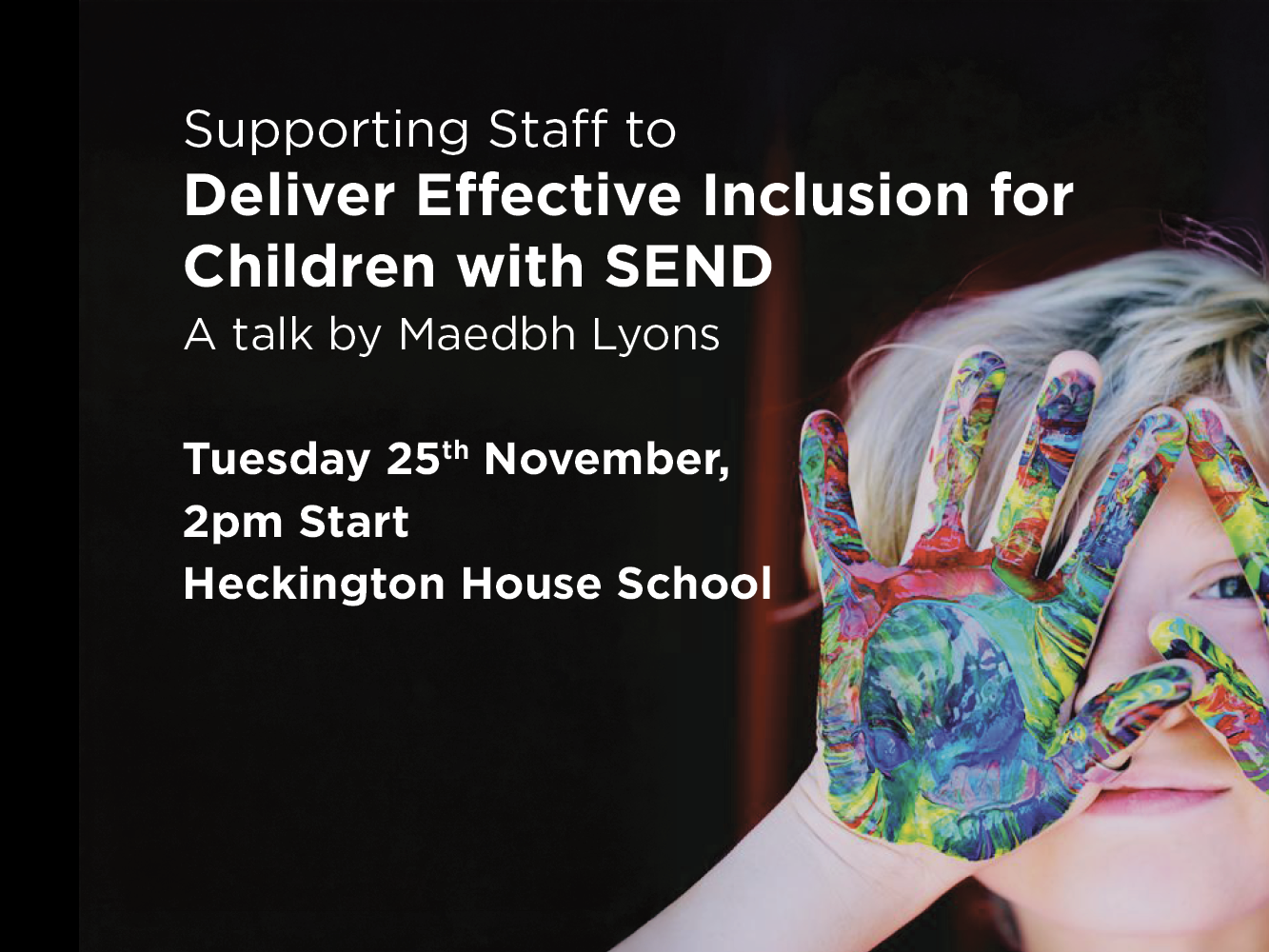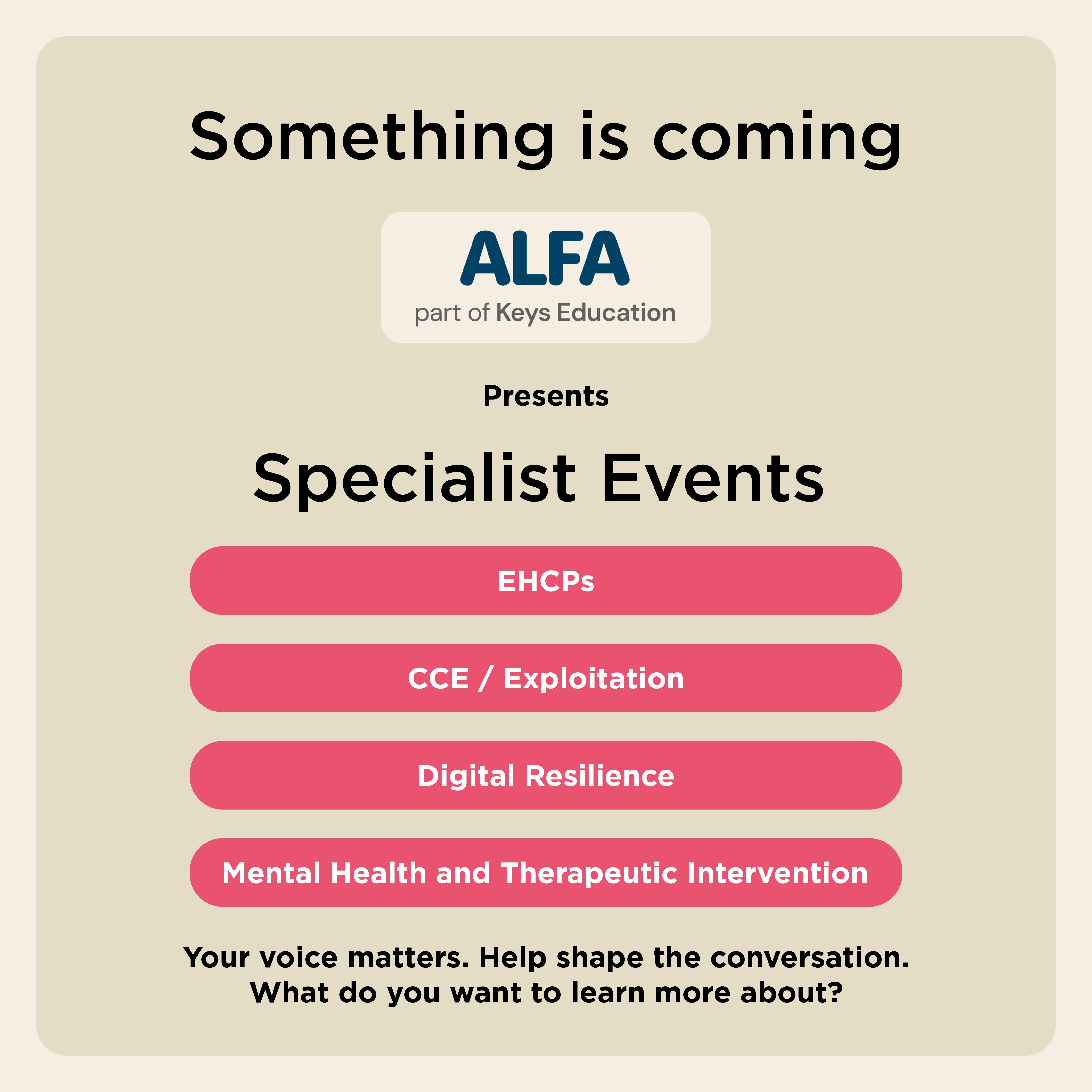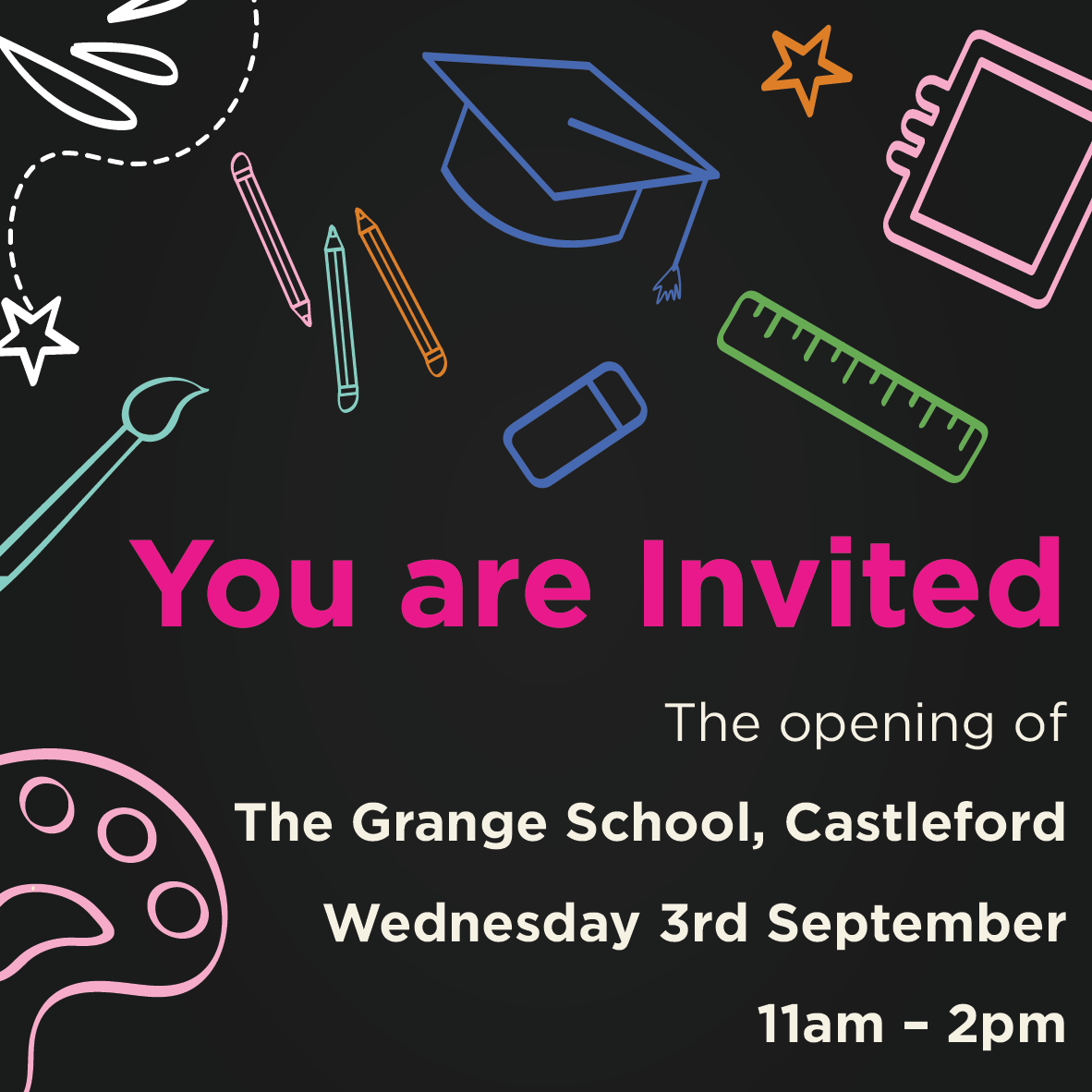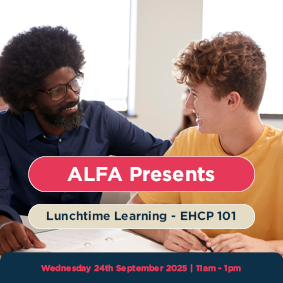-

J's Story - A journey of self discovery, resilience, and preparation.
-
Published on: 3 Feb 2026
-
Reading time: 2 minutes
-
-

Life Changing Outcomes Through Courage, Care, and Consistency
-
Published on: 30 Jan 2026
-
Reading time: 3 minutes
-
-

Keys Presents: Lunchtime Learning - Therapeutic Effectiveness of Drill Music with Children in Residential Care
-
Wed 4 Feb 2026
-
12PM - 2PM
-
Online Event
-
-

Keys Group acquires CF Group
We’re pleased to share that Keys Group has completed its latest acquisition, our fourth this year, welcoming the CF Group, an established independent tutoring and mentoring organisation, into our family.
-
Published on: 18 Nov 2025
-
Reading time: 2 minutes
-
-

Heckington House - Parents Evening
-
Tue 25 Nov 2025
-
4PM - 5PM
-
Heckington House School
-
-

Supporting Staff to Deliver Effective Inclusion for Children with SEND, Heckington House School
-
Tue 25 Nov 2025
-
2PM - 4PM
-
Heckington House School
-
News & Events
View all of the latest news and upcoming events from Keys.
Events
-

Pathways to Independence Event
-
Wed 26 Mar 2025
-
10AM - 2PM
-
Wickham, United Kingdom
-
-

ALFA Presents
-
Online
-
-

The Grange, Castleford Open Day
-
Wed 3 Sep 2025
-
11AM - 2PM
-
Castleford, West Yorkshire
-
-

ALFA Presents: Lunchtime Learning - EHCP 101
-
Wed 24 Sep 2025
-
11AM - 1PM
-
Online Event
-
-

Introduction to Sexualised Behaviour - Snowhill School
-
Tue 3 Feb 2026
-
3PM - 4PM
-
Stoke on Trent
-
-

Supporting Staff to Deliver Effective Inclusion for Children with SEND, Heckington House School
-
Tue 25 Nov 2025
-
2PM - 4PM
-
Heckington House School
-
-

Heckington House - Parents Evening
-
Tue 25 Nov 2025
-
4PM - 5PM
-
Heckington House School
-
-

Keys Presents: Lunchtime Learning - Therapeutic Effectiveness of Drill Music with Children in Residential Care
-
Wed 4 Feb 2026
-
12PM - 2PM
-
Online Event
-

